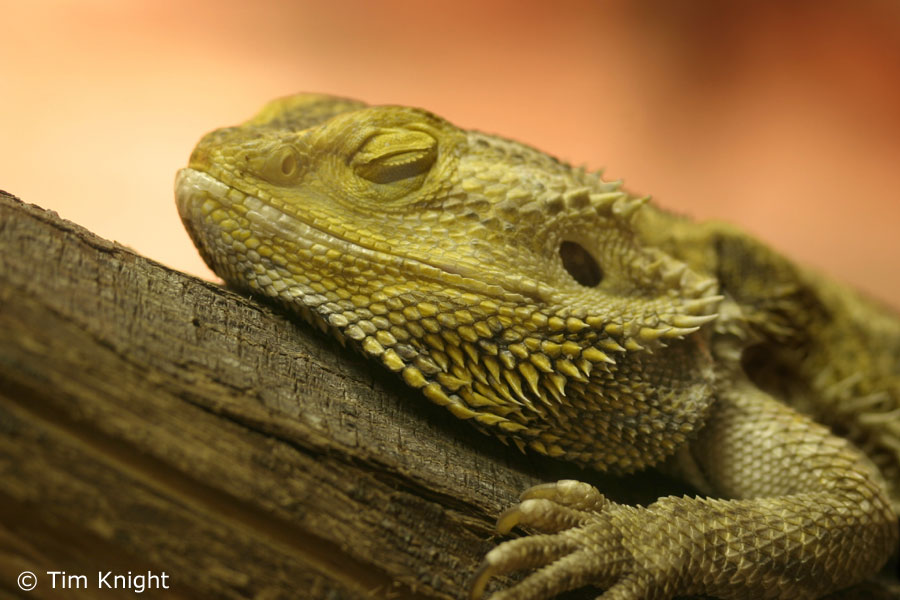The Ultimate Guide on How to Get Your Bearded Dragon to Poop
Introduction
If you’re a new owner of a bearded dragon, you might find yourself wondering how often they need to poop, and what you can do to help get them to go. The truth is, bearded dragons aren’t always the most regular poopers, so it’s important to learn about their bathroom habits in order to keep them healthy and comfortable. In this post, we will go over everything you need to know to get your bearded dragon to poop.
Understanding Bearded Dragon Pooping Habits
Before we dive into how to get your bearded dragon to poop, let’s first discuss their pooping habits. Unlike humans or even some other animals, bearded dragons don’t poop every day. In fact, it’s not uncommon for them to go several days without pooping. This is because bearded dragons have slow metabolisms, which means it takes longer for their food to pass through their digestive system.

Once they do poop, though, you should expect to see a good amount. Bearded dragons are known for producing large fecal matter compared to their small size, and they can sometimes go a week or more in between bowel movements. This can cause some worry for owners, but as long as your bearded dragon is eating and moving normally, there’s usually nothing to worry about if they haven’t pooped recently.
Signs Your Bearded Dragon Needs to Poop
As a bearded dragon owner, it’s important to know the signs to look out for that indicate your pet needs to poop. The most obvious sign is a bulge in their lower abdomen. You might also notice your bearded dragon becoming a bit more restless than usual, or pacing around their enclosure. Additionally, some bearded dragons will turn black or darken their skin when they need to poop. This can be a sign of discomfort, and is often accompanied by some hissing and puffing.
Tips for Getting Your Bearded Dragon to Poop
1. Make sure their diet is balanced
One of the biggest factors that can influence your bearded dragon’s pooping habits is their diet. Be sure to provide them with a balanced diet of insects, vegetables, and fruits. Avoid feeding them high-fat or sugary foods, as this can cause digestive issues.
2. Give them a warm bath
A warm bath can help to stimulate your bearded dragon’s digestive system, and encourage them to poop. Fill a shallow dish or sink with warm water, and let your bearded dragon soak for about 15-20 minutes. Be sure to supervise them at all times, and keep the water temperature comfortable for them.

3. Encourage exercise
Exercise can also be helpful in getting your bearded dragon to poop. Encourage them to climb, explore, and move around their enclosure. Some owners even take their bearded dragons outside for walks on a harness.
4. Monitor their hydration
Dehydration can cause constipation in bearded dragons, so it’s important to make sure they’re getting enough water. Provide them with a shallow dish of water in their enclosure, and mist them with water occasionally to help keep them hydrated.
5. Consider a natural laxative
If your bearded dragon is really struggling to poop, you might consider giving them a natural laxative. Some options include pureed pumpkin or baby food prunes. Be sure to consult with a veterinarian before trying this, though, as some natural remedies can be harmful if not used correctly.
When to See a Vet
If your bearded dragon has gone more than two weeks without pooping, or if they seem to be in a lot of discomfort or pain, it’s best to schedule a visit with a reptile veterinarian. Constipation can lead to serious health issues in bearded dragons, so it’s important to address it early on.
Conclusion
Getting your bearded dragon to poop might seem like a simple task, but it’s important to approach it with care and understanding. By following the tips in this post, you can help keep your bearded dragon healthy and comfortable, and ensure that their pooping habits remain regular. Remember, if you’re ever unsure about your bearded dragon’s health or wellbeing, it’s always best to consult with a veterinarian who specializes in reptiles.
